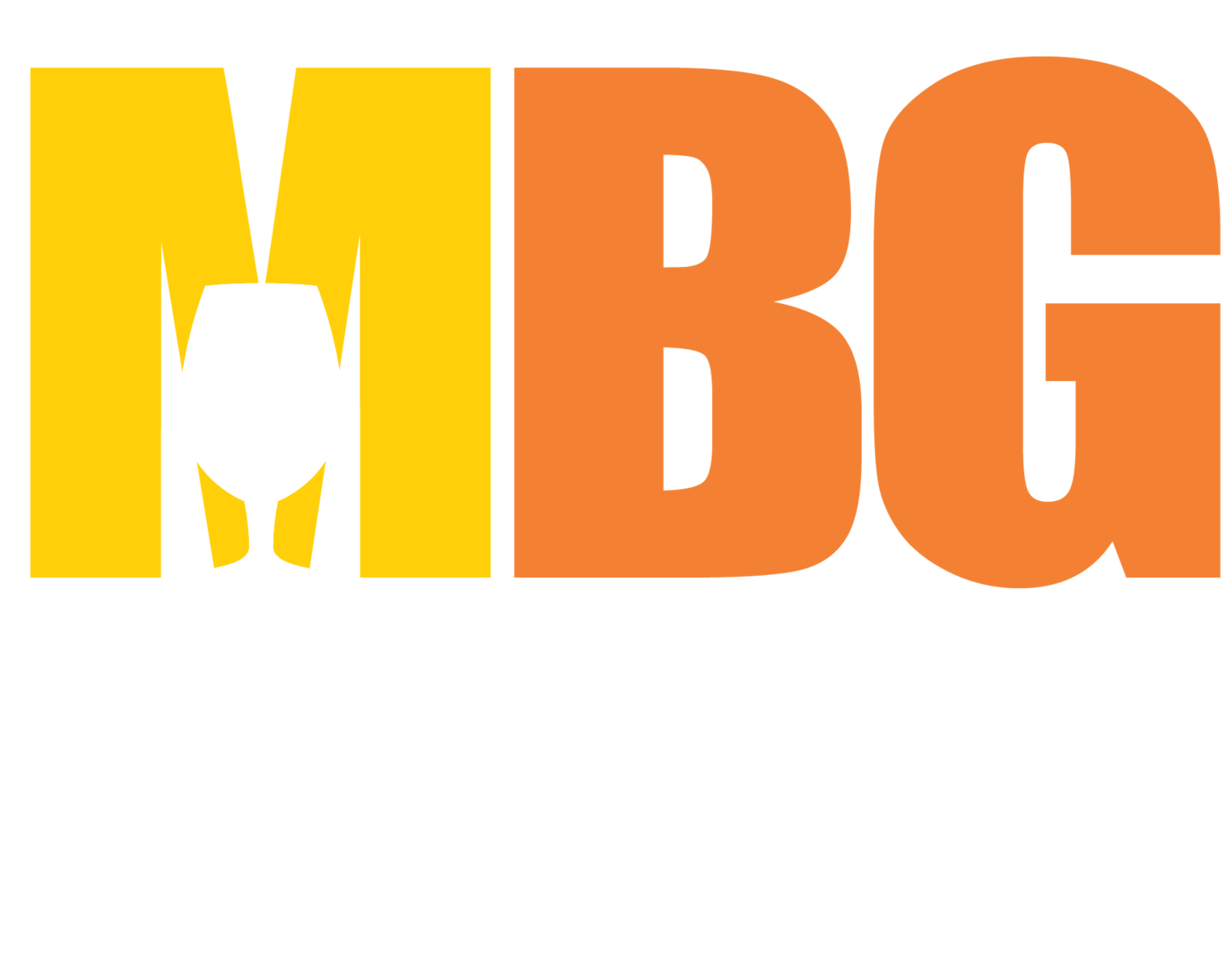Two years after the premiere of “Black Brew Dialogues,” creator Collin Knight calls in the craft brewing community.
Collin Knight is a networker, cultural consultant, and founder of Live Like a Local Boston. His food tours of Boston’s historically Black and brown neighborhoods invite people to experience diverse cuisine that Boston isn’t necessarily known for, such as Caribbean curries, Latin American empanadas, and the city’s first distilled spirits since Prohibition.
In 2020, after the unequal isolation of the pandemic and proximity to police-involved violence gave many people the space to understand systemic racism and examine their own privilege, Collin was, frankly, fielding a lot of calls from white people. As a connector, he wanted to help, but he felt that much of the outreach was reactionary. “To be really honest, there was a lot of white guilt once everything hit,” he says.
But Collin, a craft beer lover, did take the opportunity to join the Massachusetts Brewers Guild’s Diversity Committee. After having an initial meeting with MBG executive director Katie Stinchon in 2019, “I really felt like she understood that there needs to be more diversity within the beer culture,” he says.
The MBG connected him with Ray Berry, founder of Springfield’s White Lion Brewing Company and one of just a few Black brewery owners in the Commonwealth. In 2021, they collaborated with the association to produce the pilot episode of Black Brew Dialogues, which travels around Massachusetts to explore how the beer industry can become truly inclusive. The video is free to stream on Hop Forward Equality, a hub for breweries with resources about diversity, equity, and inclusion.
About the travelogue:
“Although it’s called the Black Brew Dialogues, this show is about all marginalized groups,” Collin says. “Breaking down what it looks like for jobs: It's not just about making beer. There's marketing, all different types of jobs in the industry that can be had by people of color” and other identities.
What’s next for Black Brew Dialogues:
“The obvious next episode would be to talk to women,” Collin says. “There's so much that needs to happen when we're talking about fairness and equality for women in general,” including sexism in the beer industry. But following the pilot premiere in October 2021, the 501(c)(6) MBG has not been able to raise enough funding to produce any follow-ups. “It's a little disappointing that we haven't got funding for it,” Collin says.
A lack of funding shouldn’t stop the conversation, but as a brewery owner himself, Ray Berry understands “there are other competing priorities. We're in our lane to make money and bring people in,” he says. “That's our first priority. Then if we have the capacity, we’ll have someone go out and be an advocate.”
The White Lion founder also volunteers on the MBG Diversity Committee. The Guild “does a lot of tremendous advocacy work on a state level,” Ray says, “but one of those priorities has to continue to be diversification of the trade. We have to create metrics to be able to hold each other accountable.”
What can brewery owners and beer fans do in their communities?
“Individuals have to lead by example,” Ray says. “At White Lion, because we are Black-owned, we want to encourage communities of color and all marginalized communities to come into our space and feel welcomed.” Efforts include diverse strategic partnerships, such as collaborations with UMass Amherst men’s basketball icon and former NBA player Marcus Camby. Later this year, White Lion will open a second taproom in downtown Amherst with Camby as an equity member.
“The four counties of Western Mass. are ethnically diverse, very economically diverse, and very gender diverse,” Ray notes. “I just try to be outwardly open about it in a respectful way, as it relates to the culture and trade that we are part of.
“Other breweries may not be comfortable conversing about race and diversity,” he says. “Their efforts may be in a community that has little or no diversity associated with it.” But just saying “our doors are open” isn’t enough, and many breweries are “not having that conversation, about how to really demonstrate they're welcoming everybody.”
DEI takes effort—and it’s time to spend it.
“I know that there are people passionate about the work of diversity, equity, and inclusion in Massachusetts breweries” Ray says, and they are not all BIPOC.
“This is the era of white people using their privilege to move society forward,” Collin says. “You got to figure out what's going to be your way to make an impact.” That could look like DEI affinity groups held in white spaces, breweries hosting diverse programming, establishing more training programs in the industry, and more.
“It will take the big picture of people to really move the needle,” Ray says.



